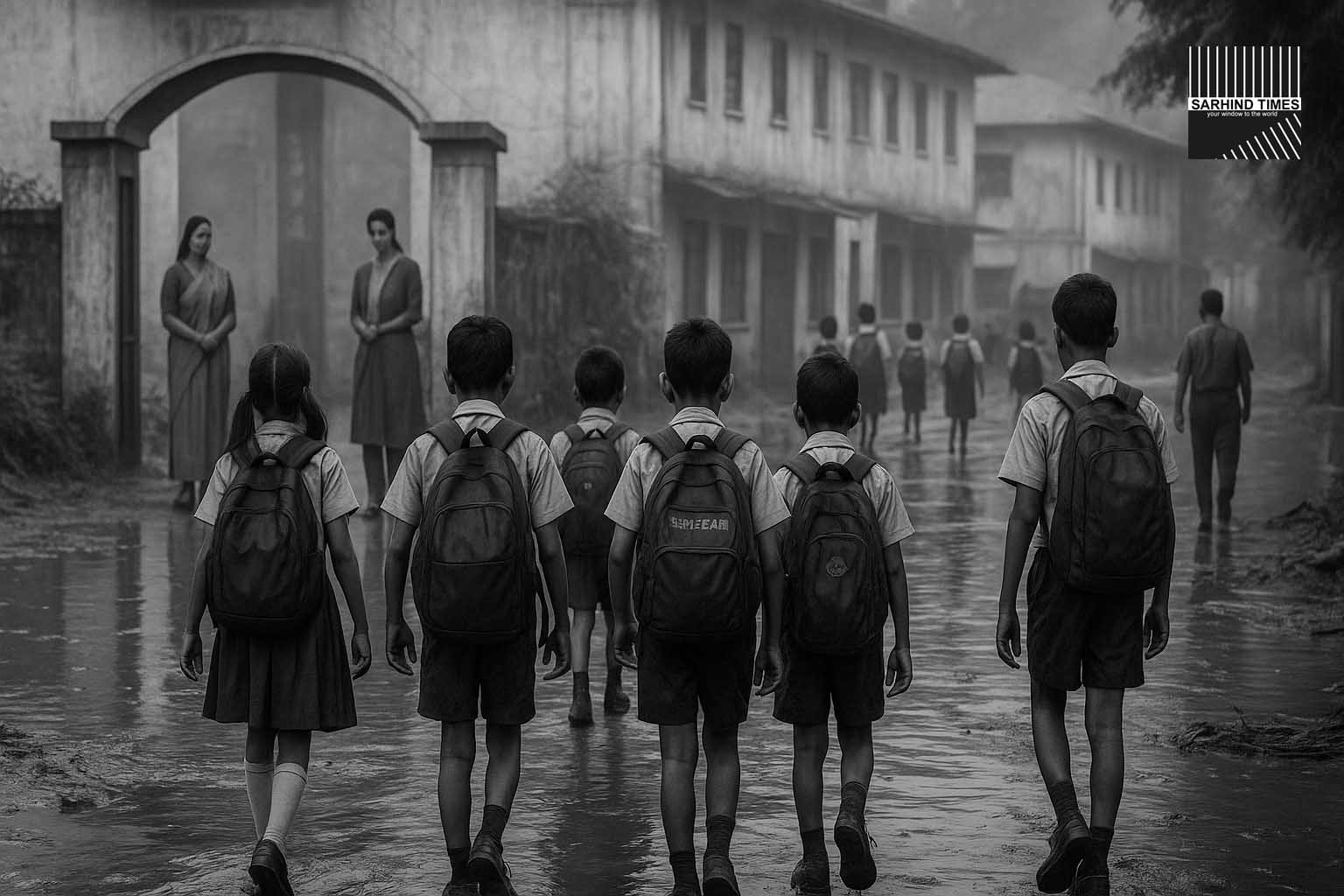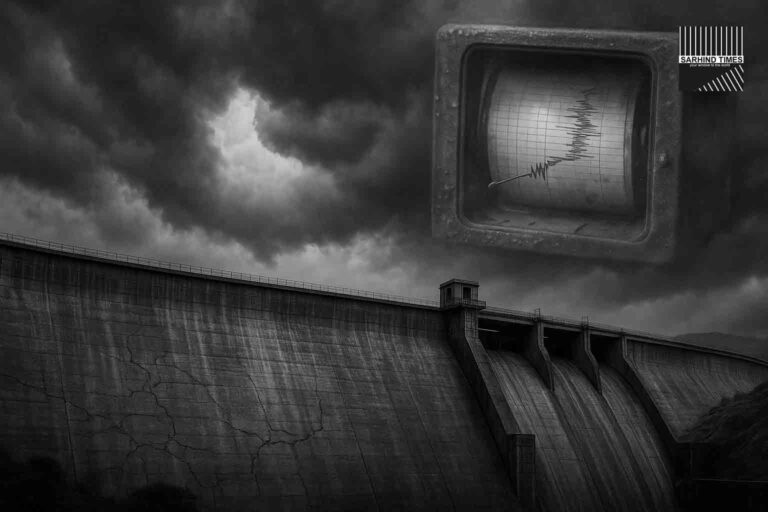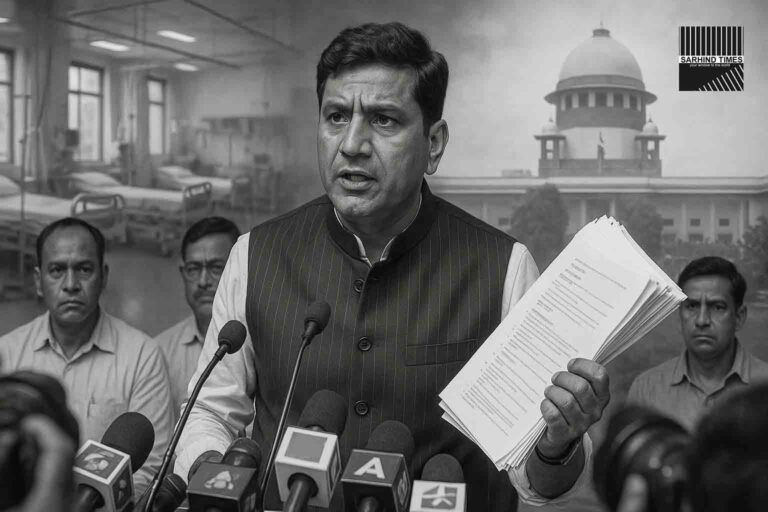9 Sep 2025
By Sarhind Times Education Desk
Introduction
After nearly two weeks of disruption caused by devastating floods, schools, colleges, and universities across Punjab are reopening from September 9, 2025. The decision comes following comprehensive safety inspections conducted by Deputy Commissioners and district education authorities, who declared that the majority of institutions are now fit to resume classes.
The reopening marks a critical step toward restoring normalcy in the state, where torrential rains and overflowing rivers since August 27 had forced authorities to suspend classes, impacting millions of students.
The Floods and Their Impact on Education
Punjab, often referred to as the “Granary of India”, faced unprecedented rainfall in late August, leading to:
- Severe flooding in Ludhiana, Jalandhar, Patiala, Ropar, and Kapurthala.
- Submergence of agricultural fields and residential colonies.
- Disruption of roads, bridges, and public utilities.
Schools & Colleges During Closure
- Thousands of schools were closed, with some doubling up as relief camps for displaced families.
- Online learning was inconsistent, as power cuts and internet disruptions affected access.
- Board exam preparations were delayed, adding stress for Class 10 and 12 students.
Government’s Safety Measures Before Reopening
Before resuming academic sessions, the Punjab government laid down strict protocols:
- Infrastructure Safety Checks
- Classrooms, laboratories, and hostels inspected for waterlogging, cracks, and structural damage.
- Playgrounds and open areas cleared of debris.
- Sanitation & Hygiene
- Schools disinfected to prevent outbreaks of waterborne diseases like cholera and dengue.
- Safe drinking water arrangements ensured.
- Health & Counselling Support
- Medical teams deployed for health checkups.
- Psychological counselling planned for students traumatized by flood experiences.
- Transportation
- Bus routes reviewed to ensure safe passage.
- Bridges and rural roads prioritized for repair.
Voices from the Ground
- Parents in Ludhiana: “We were worried about our children’s safety, but the government’s inspections reassure us. Education must continue.”
- Students in Patiala: “We lost nearly two weeks of classes. We hope teachers will help us catch up before exams.”
- Teachers in Jalandhar: “We are prepared to extend hours or use weekend classes if needed.”
These voices highlight both relief and concern as Punjab transitions back to normal schooling.
Academic Catch-Up Plans
To make up for the lost instructional days, authorities are considering:
- Extra classes on Saturdays.
- Condensed syllabi for non-core subjects.
- Digital resources to complement classroom teaching.
- Special focus sessions for Class 10 and 12 students preparing for board exams.
Universities are also planning revised exam schedules to ensure minimal academic loss.
Wider Impact of Floods on Education
1. Infrastructure Damage
Many rural schools reported damaged walls, broken furniture, and ruined textbooks. Reconstruction will require substantial funds.
2. Disrupted Learning Continuity
Students from underprivileged backgrounds, lacking access to digital learning tools, faced the longest gaps.
3. Psychological Toll
Children who experienced displacement or property loss are likely to face anxiety, affecting classroom focus.
4. Teachers as Relief Workers
Many teachers were deployed in flood-relief operations, delaying curriculum planning.
Relief and Rehabilitation Efforts
- The Punjab Education Department has promised additional grants for schools needing urgent repairs.
- NGOs are distributing school kits, uniforms, and textbooks to affected students.
- Volunteer groups are setting up temporary learning centers in the worst-hit villages.
National & International Relevance
Punjab’s reopening has drawn attention nationwide, as floods have also affected schooling in neighboring Himachal Pradesh and Haryana. International organizations like UNICEF and Save the Children have emphasized the importance of resuming education quickly after disasters to provide children with stability.
Expert Opinions
- Educationist (Chandigarh):
“Reopening schools is not just about academics. Schools provide children with routine, nutrition, and psychological support after trauma.” - Disaster Management Expert:
“Each flood reminds us of the urgent need for climate-resilient school infrastructure.” - Economist:
“Interrupted education directly impacts long-term workforce readiness. Punjab must prioritize both recovery and preparedness.”
Long-Term Lessons
The floods of 2025 reinforce the need for:
- Climate-Resilient School Buildings – Elevated structures and flood-proofing.
- Hybrid Learning Models – So education continues even during closures.
- Emergency Curricula – Condensed syllabi for disaster-hit periods.
- Community Engagement – Parents, teachers, and local bodies must jointly safeguard learning continuity.
Conclusion
The reopening of schools, colleges, and universities on September 9 marks a hopeful moment for Punjab after weeks of distress. While challenges remain—academic backlog, infrastructure repairs, and student trauma—the resumption of education is a symbol of resilience.
Punjab’s story is not just about recovery from a natural disaster—it is about the determination of a community to ensure that learning never stops, even in the face of adversity.
#PunjabFloods #PunjabSchools #EducationRecovery #BackToSchool #FloodRelief #SarhindTimes #PunjabNews #CollegesReopen #LearningContinues






















+ There are no comments
Add yours